Got a question?
Ask us.
What is an audiologist?
An audiologist is a university qualified healthcare professional trained in the diagnosis and management of hearing disorders. Hearing Innovations audiologists are full members of Audiology Australia, and are therefore bound by a Professional Code of Ethics and Standards of Practice. In contrast, an audiometrist is a TAFE trained dispenser of hearing devices. Hearing Innovations only employs audiologists.
Audiologists offer rehabilitation for the social consequences of hearing loss.
Audiologists understand that hearing and balance disorders can impact an individual’s social and emotional wellbeing. Hearing devices are only prescribed on the basis of demonstrated clinical need and patient readiness as part of a focussed family –centred communication treatment plan.
What are the signs I may have a hearing loss?
Increased effort listening in background noise
Asking people to repeat themselves
Others appear to be mumbling
Withdrawing from social activities
Difficulty hearing conversational speech
Increasing the volume of the television or radio
Difficulty listening on the telephone
Straining to hear female and children’s voices
Tinnitus – ringing or noises in the ear
If you experience one or more of the above, we recommend a comprehensive hearing test to determine the degree and type of hearing loss. Call Hearing Innovations for a hearing test.
When should I get my child’s hearing tested?
We recommend a hearing test when a child shows one or more of the following:
Speech developmental delays
Learning difficulties at school
Behavioural problems
Inattentiveness
Recurrent middle ear infections
Will the Government help pay for a hearing device?
Hearing Innovations is an accredited audiology clinic with the Federal Government’s Hearing Services Program (formerly known as Office of Hearing Services scheme).
Does my health insurance help pay for a hearing device?
Most health insurance companies provide benefits for hearing devices. Check with your health insurer to see if you are eligible for a rebate. Medicare does not cover hearing aids. The bone conduction implant and the cochlear implant are fully funded under basic hospital cover with private health insurance.
Can I trial a hearing device before deciding to purchase it?
We provide a trial period of 3 weeks, during which time your hearing devices will be finely adjusted. The trial period may be extended if necessary.
Will wearing a hearing device make my hearing worse?
No, a hearing device prevents auditory deprivation and supports the entire auditory system.
Do I need to wear my hearing devices all the time?
Success with hearing devices is highly dependent on you. When you have a hearing loss, your brain will need time to re-learn how to hear again. Wearing your hearing devices daily will help you achieve great results. We recommend that you wear your devices daily for best hearing results and quality of life.
Can hearing devices correct my hearing loss?
Hearing devices cannot restore your hearing, but they can improve your hearing and quality of life. A thorough audiological test is absolutely essential to ensure your devices are working optimally for you.
Do I need one hearing device or two?
If you have a hearing loss in both ears, then two hearing devices are usually better than one. Studies show that two hearing devices improve speech understanding in the majority of listening environments, particularly in the presence of background noise.
Hearing is who we are
Come see us today

